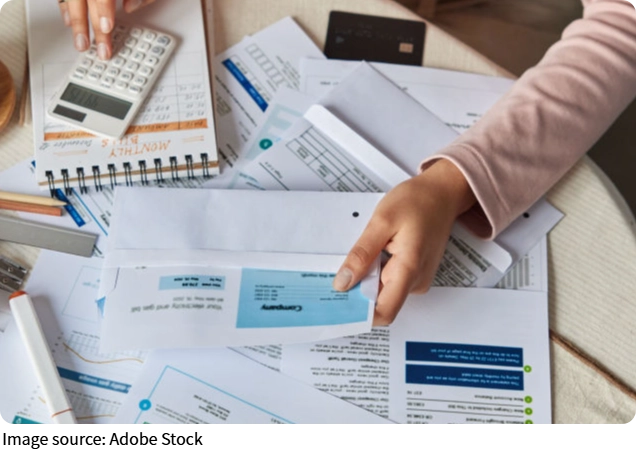Debt: Get Out Faster!

Debt can often feel like an overwhelming burden, compromising not only financial stability but emotional well-being.
However, with a strategic approach, it is possible to accelerate debt repayment and regain control over personal finances.
Understanding Debt Details
The first critical step in managing debt efficiently is to obtain a clear, comprehensive view of all outstanding obligations. This includes listing each debt's total amount, interest rates, and payment due dates. Prioritizing debts with higher interest rates and imminent due dates ensures that resources are channeled most effectively to reduce overall costs.
Tools such as financial apps that track transactions and simulate interest charges can aid in this process by bringing transparency and discipline to repayment planning.
Allocating Income for Debt Repayment
A disciplined allocation of a fixed percentage of monthly income to debt payments is essential. Financial professionals recommend setting aside a portion of earnings—commonly between 20% and 30%—dedicated solely to debt reduction. This allocation must be balanced against ongoing living expenses to avoid financial strain.
Maintaining this consistency helps build momentum toward debt elimination without compromising daily necessities.
Controlling Expenses and Avoiding New Debt
Controlling monthly expenses complements income allocation. Detailed tracking of both major and minor expenditures allows identification of unnecessary spending that can be curtailed. This control prevents the accumulation of new debt and preserves cash flow for repayment.
A proactive approach to spending, combined with paying debts on time and in full whenever possible, reduces interest costs and prevents penalties, expediting the path out of debt.
Supplementing Income to Accelerate Repayment
Increasing income beyond primary earnings provides additional funds for quicker debt clearance. Part-time work, freelancing, or monetizing skills can generate extra revenue, turning what might feel like a slow repayment process into a faster, more manageable journey.
The cumulative effect of supplemental income can be significant, especially for debts with high interest, enabling more aggressive payments without depriving essential spending.
Financial educator Dave Ramsey notes, "If you want to stop being a broke person and start becoming a wealthy person, you have to ditch debt and start living on less than you make". This approach combines both expense reduction and income maximization for optimal results.

Regular Financial Health Evaluations
Periodic review of financial progress is indispensable. Assessing whether debt levels are diminishing as planned, expenses remain within budget, and savings goals are met informs necessary adjustments. This ongoing evaluation prevents setbacks and maintains focus on long-term financial health beyond just debt repayment.
Debt is not just a financial vulnerability, it's also an emotional one. To let go of the things that are weighing you down in life and leaving them behind gives you freedom and security. Debt relief contributes profoundly to emotional liberation alongside financial benefits.
Effectively managing debt requires comprehensive awareness of obligations, disciplined income allocation, strict expense control, augmentation of income streams, and routine progress evaluation. By applying these strategies, it is possible to accelerate debt repayment and regain financial freedom more swiftly. Moving beyond debt is not just a financial milestone but a vital step toward personal empowerment and security.
-
 Open Banking Truths Now!This New Banking System Puts YOU in Control - Banks Are Scrambling to Keep Up!
Open Banking Truths Now!This New Banking System Puts YOU in Control - Banks Are Scrambling to Keep Up! -
 Temperature Swings: Danger!Sweating Then Shivering?! Sudden Temperature Swings Might Be Hurting Your Health More Than You Think!
Temperature Swings: Danger!Sweating Then Shivering?! Sudden Temperature Swings Might Be Hurting Your Health More Than You Think! -
 Genetic Anxiety Risks!Panic Often? Family History?! Your Anxiety Might Be Written In Genes—Is It Already Controlling You?!
Genetic Anxiety Risks!Panic Often? Family History?! Your Anxiety Might Be Written In Genes—Is It Already Controlling You?!